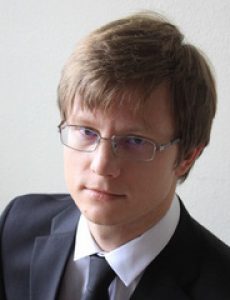Zuhao Li
2018 Lawrence and Joan E. Anderson Scholarship Recipient
Biography: Zuhao Li is a Business Economics Student in his Junior Year. Originally from Australia, he came to study in the States with the intention of learning more about American businesses and how they operate in the world’s most advanced financial economy. With a passion for Economics and investing, Zuhao has taken leadership positions in prestigious campus organizations such as Bruin Value Investing and the Undergraduate Investment Society.
Future Plans: Zuhao will have a Summer internship at Bridge Investment Group this Summer and hopes to learn more about real-estate investing from experienced industry professionals. He will attempt to begin a full-time position at a buyside investment firm post-graduation. The ultimate goal is to accumulate enough knowledge so that he feels comfortable enough start his own fund to invest his and clients’ money.
What does this scholarship mean to me?: I am extremely grateful and humbled to receive this scholarship. I would like to express my sincere gratitude to Mr. and Mrs. Anderson and their family for providing this financial support. With the raising tuition costs, this award will go a long way in reducing the financial obligations I must meet and will allow me to better focus on my academic and professional career. I also appreciate the fact that this scholarship recognizes my academic achievement, something that is often glossed over by the career focused people in Economics pursuing finance. Finally, I am grateful to the UCLA economics department for both providing scholarship opportunities to students and for selecting me to receive this honor out of other qualified applicants.


